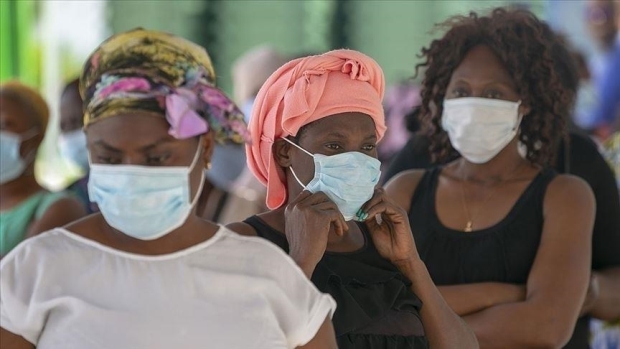By Lynsey Chutel
JOHANNESBURG – On Sunday (27), reported infections in South Africa surpassed one million since the start of the pandemic.
The country has now recorded 1,004,413 cases, with 26,735 deaths. With one of the strictest initial lockdowns in the world, South Africa avoided the high death toll that many experts feared.
As restrictions eased in the last quarter of the year, however, the death toll climbed steadily, spiking before the holiday season. Many South Africans also travelled from cities to more rural provinces to celebrate the holidays. Officials recorded a daily increase of more than 14,000 cases on Christmas Day and the two days before, though the number fell to 9,502 new cases Sunday.
Doctors and nurses in overwhelmed hospitals urged the government to return to stricter lockdown measures and restrict gatherings.
“There’s a huge problem regarding adequate staff, nurses as well as doctors,” Dr. Angelique Coetzee, the president of the South African Medical Association told SABC News, the public broadcaster, on Sunday.
As the number of infections climbed, President Cyril Ramaphosa held an emergency meeting with the National Coronavirus Command Council, a group of Cabinet ministers, according to local news reports. Ramaphosa is expected to announce new measures soon.
Early in December, South Africa tried to curb the spread of infections in hot spots by imposing a curfew, banning the sale of alcohol on weekends and closing beaches. Mask wearing was made mandatory at any gatherings throughout the country.
This second wave of the virus is believed to be spurred by a variant of the virus discovered by South African scientists, alongside a new variant discovered in Britain. Scientists began noting an increased number of younger patients who had no vulnerabilities, or comorbidities, Zwelini Mkhize, the minister of health, said in a statement announcing the discovery earlier this month.
South Africa does not have access to any vaccines yet, but Ramaphosa assured citizens that the country will have enough vaccines for 10% of the population. The vaccines will arrive via an agreement with Covax, an international body established to secure the vaccine for poorer countries.
-New York Times


